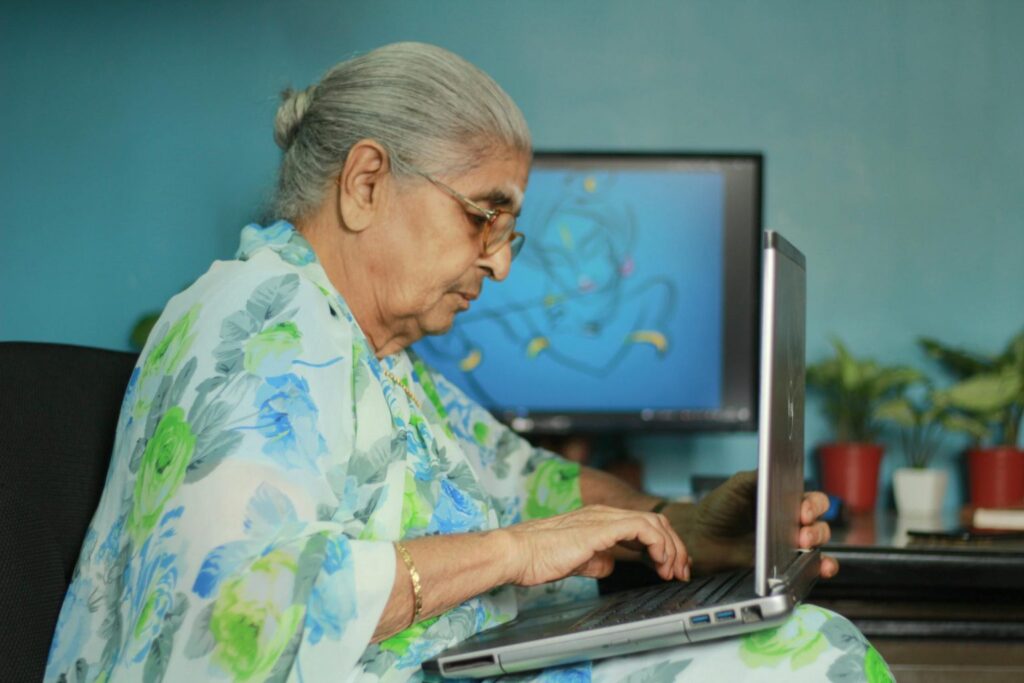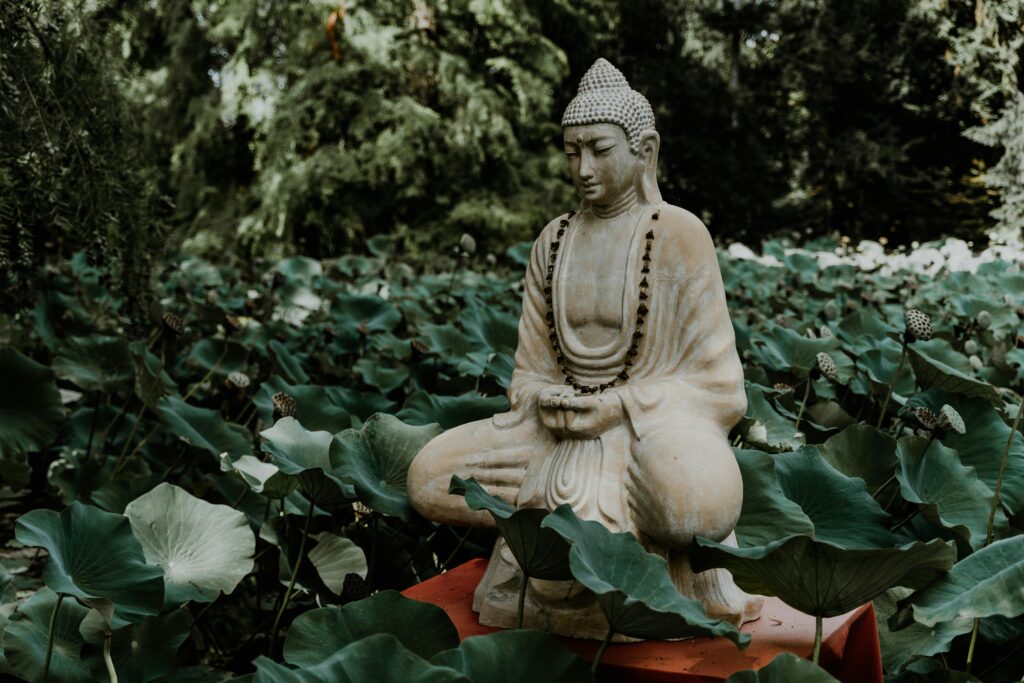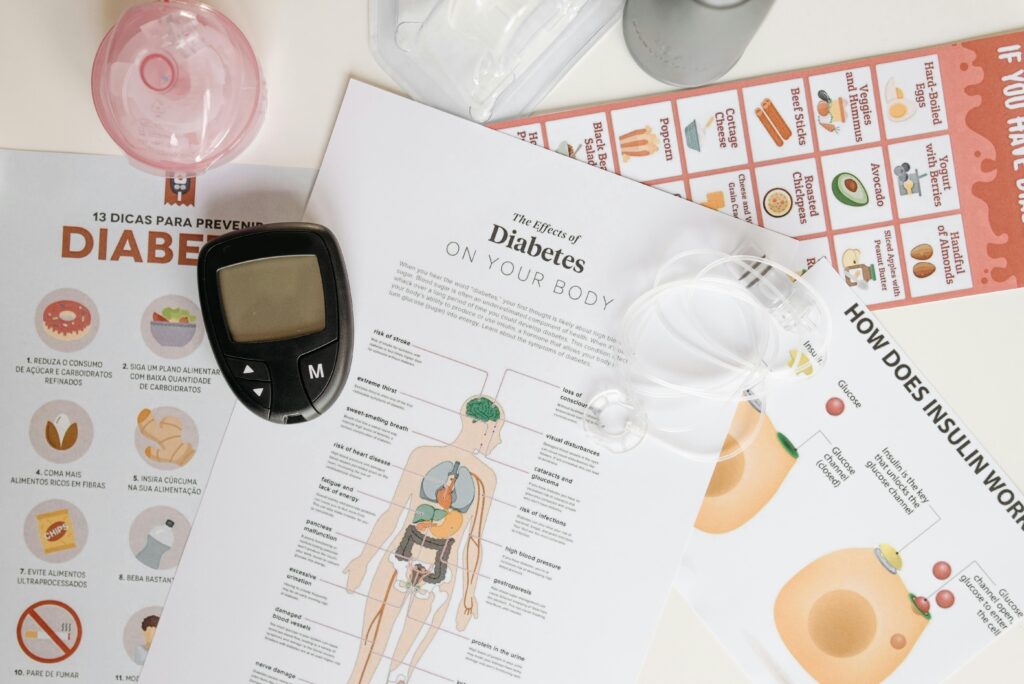The monsoon brings with it the scent of wet earth, lush greenery, and cooler weather. But for those over 60, it also brings greater health vulnerability. Why? Because this season silently chips away at our natural immune defenses—leaving older adults more exposed to infections, fatigue, and flare-ups of chronic illnesses.
“Why do I fall sick so often during the rains?”
The answer lies in a complex interplay of environment, aging biology, and lifestyle habits.
Let’s explore why immunity drops during the monsoon and more importantly, what seniors can do to protect themselves.
🦠 Why Does Immunity Dip During the Monsoon?
1. Rapid Growth of Germs in Moisture
The warm, damp environment during monsoon becomes a breeding ground for bacteria, viruses, and fungi. The air carries more pollutants. Surfaces stay wet longer. Clothes don’t dry properly. All these conditions challenge even a healthy immune system.
In seniors, the immune response is already slower and weaker due to age-related decline in white blood cell activity.
This means infections take hold faster, and recovery takes longer.
2. Poor Digestive Health
The digestive system becomes more sluggish in humid conditions. This results in:
- Poor nutrient absorption
- Increased bloating or acidity
- Risk of food contamination due to improper storage
Digestion and immunity are deeply connected. A weak gut weakens the immune system, especially in elders who already have reduced digestive enzymes.
3. Reduced Physical Activity
Seniors tend to stay indoors during heavy rains. This lack of movement can:
- Slow down metabolism
- Affect lung and heart capacity
- Lower immune function due to inactivity
Lack of sun exposure also lowers vitamin D levels, which directly impacts immune health.
4. Pre-existing Health Conditions
Older adults often deal with chronic illnesses such as:
- Diabetes
- Hypertension
- Asthma or bronchitis
- Joint disorders
These conditions, coupled with medications that suppress the immune system, make elders doubly vulnerable during the monsoon.
5. Dietary Changes
During monsoon, appetite may reduce and people often skip meals or eat less fresh food. Seniors may:
- Rely more on fried snacks or tea
- Eat reheated or leftover food
- Skip fruits and raw vegetables fearing infections
Such poor eating habits lower vitamin and mineral intake—weakening the body’s natural defense system.
✅ What Seniors Can Do to Stay Immunity-Strong in the Monsoon
1. Prioritize a Gut-Friendly Diet
Start by healing the gut, where 70% of immune cells live.
✔ Eat warm, home-cooked meals
✔ Include curd or buttermilk (if tolerated)
✔ Add ginger, garlic, turmeric, and pepper—natural immunity boosters
✔ Drink boiled or filtered water only
✔ Avoid cold drinks, street food, and raw salads
2. Get Adequate Protein
Protein is essential for immune cell repair and response.
✔ Include dals, paneer, eggs, or lean chicken
✔ Add nuts and seeds like almonds, walnuts, and pumpkin seeds
✔ Consider protein supplements after checking with a doctor
3. Stay Hydrated—Even If You Don’t Feel Thirsty
Many seniors drink less water when it’s cool.
✔ Sip on warm water, herbal teas, or thin soups
✔ Avoid carbonated drinks and too much caffeine
✔ Watch for signs of dehydration like fatigue, dry lips, or dizziness
4. Boost Vitamin Intake
Key vitamins for immunity include:
- Vitamin C (amla, oranges, guava)
- Vitamin D (sunlight, fortified milk)
- Zinc (pumpkin seeds, lentils)
- Vitamin B12 (dairy, eggs, fortified cereals)
✔ Ask your doctor about multivitamins or supplements if your diet lacks variety.
5. Stay Active—Indoors or Outdoors
✔ Do gentle yoga, stretching, or walking inside the house
✔ Try resistance band exercises or simple chair workouts
✔ 20–30 minutes of movement a day can enhance immune response
6. Keep Your Surroundings Dry and Clean
✔ Disinfect surfaces frequently
✔ Dry clothes under a fan or indoors with sunlight
✔ Don’t allow dampness to collect in corners or bedsheets
✔ Wash hands regularly and avoid touching your face
7. Avoid Exposure to Sick Individuals
✔ Postpone social visits if someone has flu-like symptoms
✔ Wear a mask when stepping outside
✔ Don’t visit crowded hospitals unless absolutely necessary—opt for home visits where possible
8. Get Enough Rest and Reduce Stress
Stress reduces immune strength.
✔ Practice deep breathing or meditation
✔ Take a nap during the day if sleep at night is poor
✔ Avoid watching too much negative news
🛑 Warning Signs That Immunity Is Low
Seniors and caregivers should watch for these signs:
- Frequent colds or infections
- Long recovery from minor illnesses
- Constant fatigue or sleepiness
- Poor appetite or digestive problems
- Swelling in legs or skin issues
If these symptoms show up during monsoon, speak to a doctor immediately.
👵🏽👴🏽 In Summary
The rains may be beautiful—but for seniors, they also bring a silent health risk.
We can’t change the weather, but we can strengthen the body’s ability to fight it.
With the right diet, clean habits, good sleep, and gentle movement, older adults can stay strong and resilient—rain or shine.
💬 Found this helpful?
Drop a comment and tell us how your elders stay healthy in the monsoon!
🔁 Share this blog with a friend or family member caring for a senior.
📌 Follow us for more expert-backed tips on elder health and wellness.





